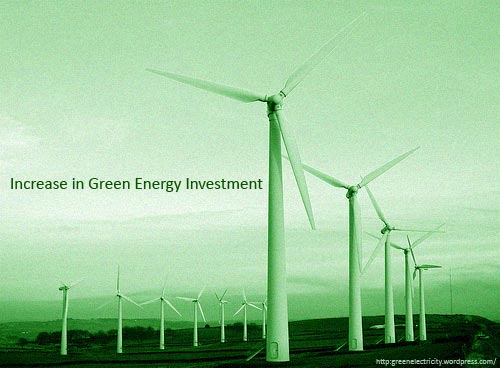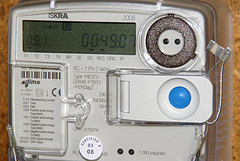Understandably, as consumers we are very much focused on getting the cheapest gas and electricity bills that we can. There are very few of us that actually give any thought to the ‘bigger picture’ of who we are actually paying to supply our energy. This is a particular issue in these difficult economic times – anything that can lower our household bills is welcome.
With this in mind, we felt that it would be useful to compile a list of the current ‘big six’ energy suppliers in the UK, with details on who really controls these companies.
- E.ON – Based in Dusseldorf, Germany, completed take over of Powergen in 2002.
- EDF (Électricité de France) – Paris based, produced 22% of EU Electricity in 2003, 74.5% of which was from Nuclear Power.
- NPower – It’s parent comapny is german giant RWE
- Scottish Power – Controlled by Iberdola, a huge Spanish Utilities company
- British Gas – Centrica ltd took over the British Gas name in the UK
- Scottish and Southern Energy – Based in Perth, Scotland since its inception in 1998
So, there we are – as you can see there are some rather intersting results in there. If you get your power from E.ON, EDF, NPower or Scottish Power, you are essentially further swelling the coffers of some of the biggest utilities companies in Europe. British Gas parent company Centrica is at least UK based, but has significant interests in Europe and North America – how can we be sure that our money is being re-invested in improving their UK energy supply?.
Scottish and Southern Energy, established in 1998 with the merger of Scottish Hydro and Southern Electric is the second largest supplier of natural gas and electricity in the UK. It’s headquarters are in Perth, Scotland.
Of course, all of these companies are in the energy business to make money from us, no matter where they are based. However, surely we should be more concsious of who we are paying for our energy in the future.

Who controls the big six energy companies?
Discuss this with us on the Nature network.

Read Full Post »










